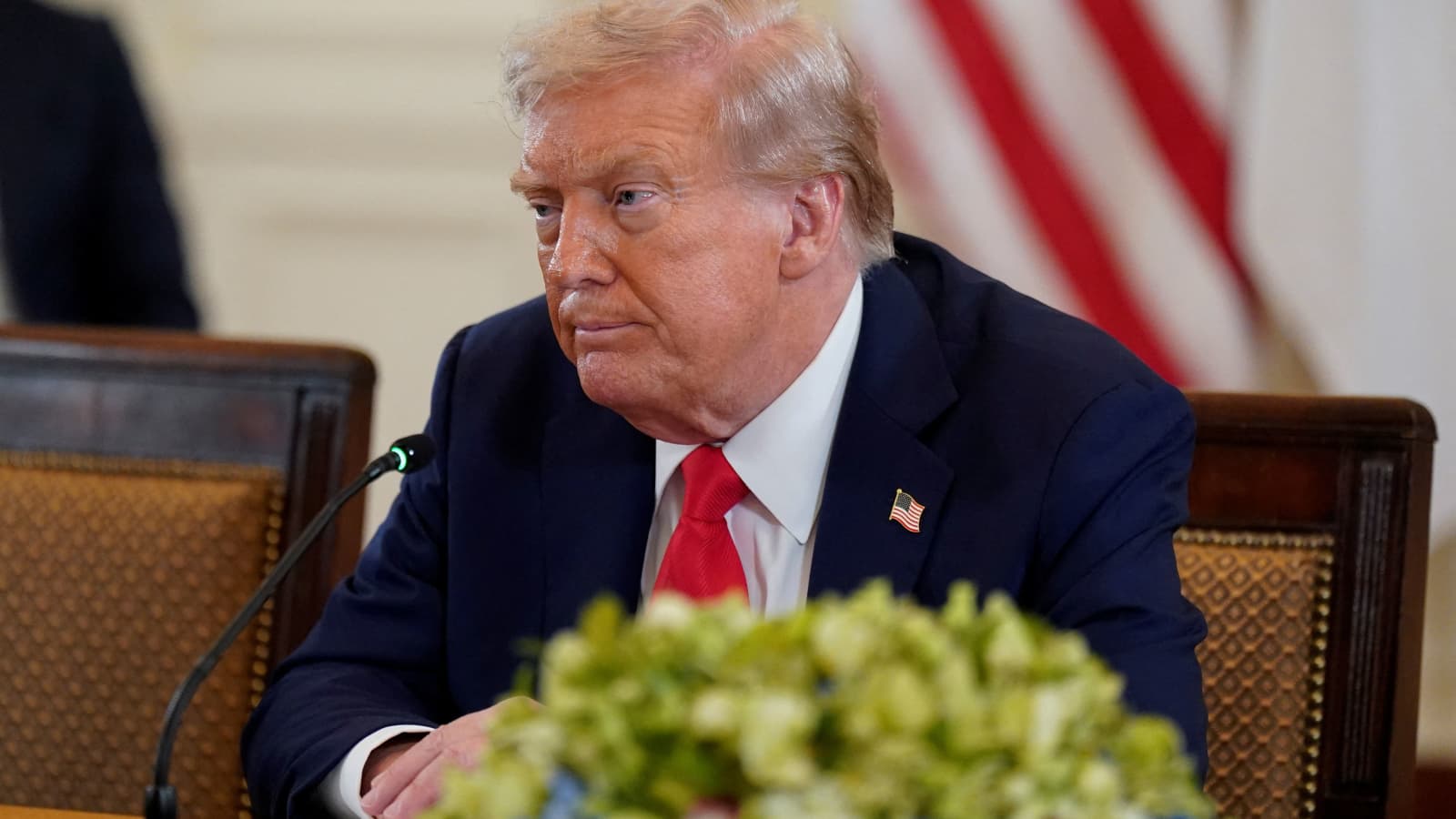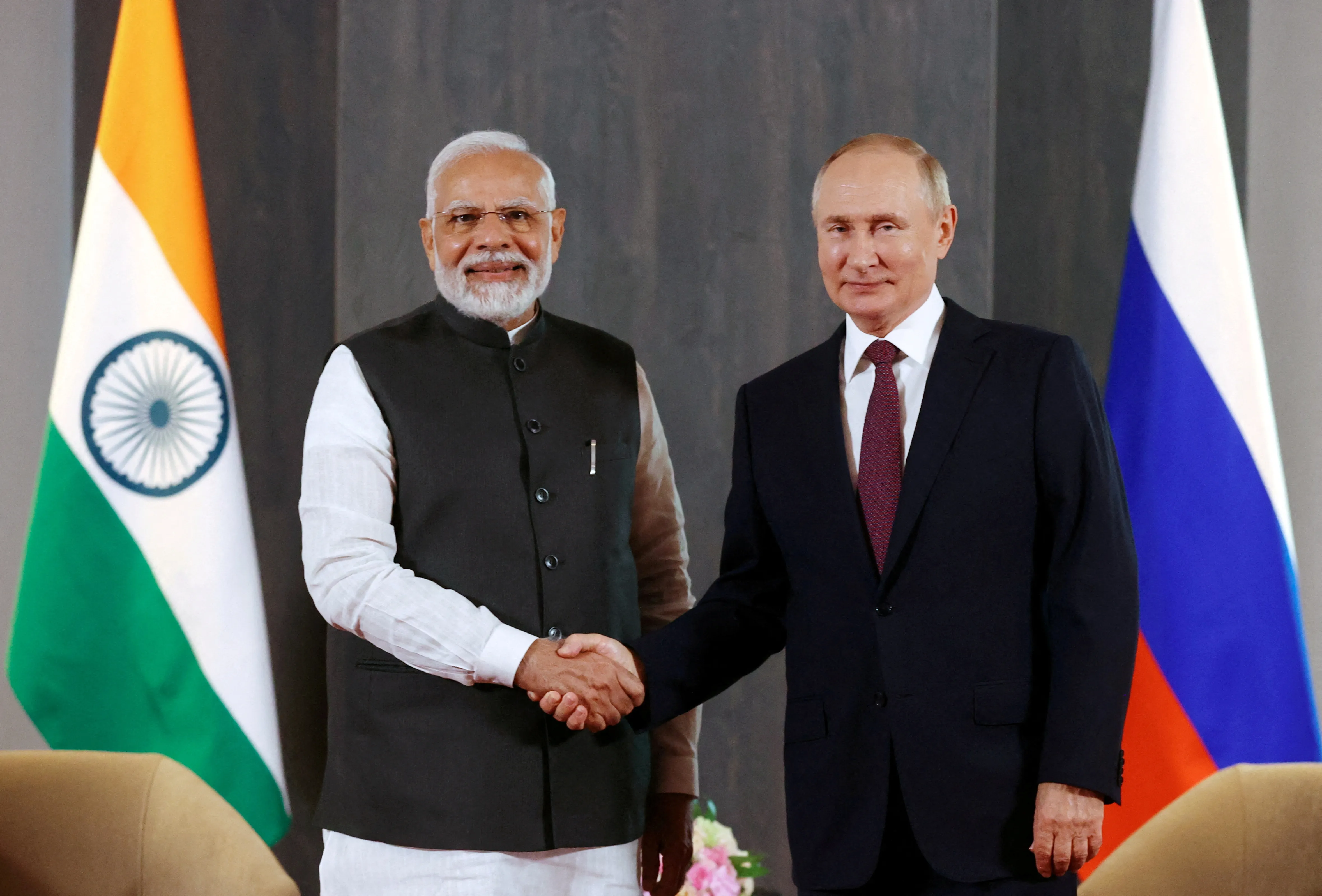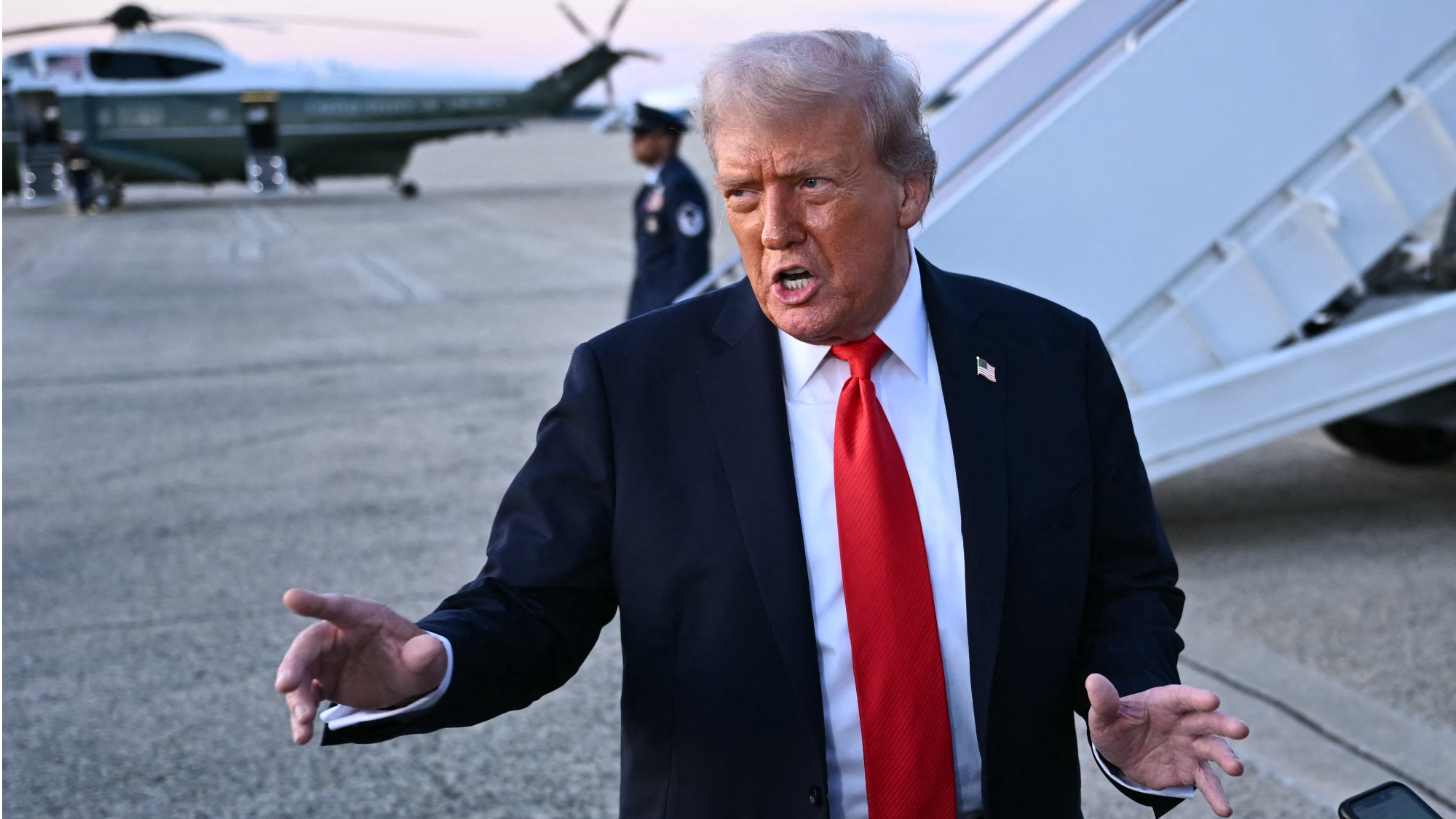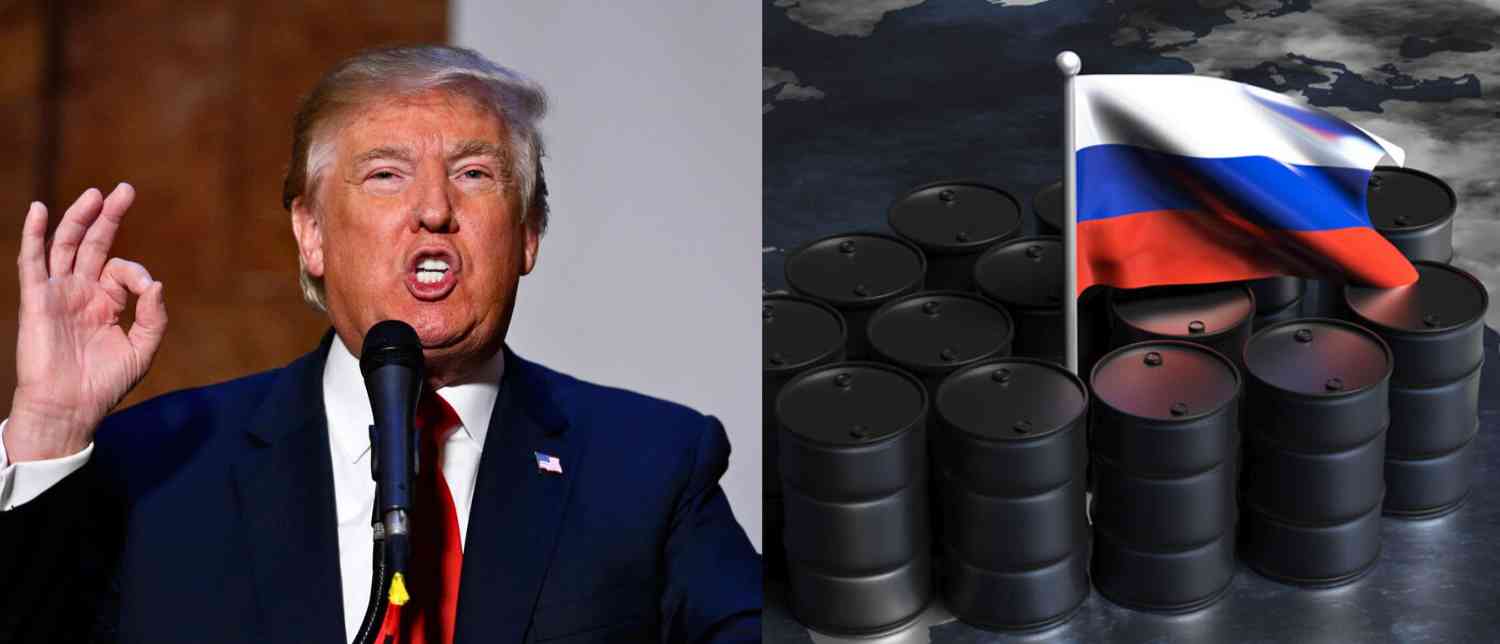U.S. President Donald Trump recently signaled his readiness to escalate sanctions against Russia, calling it the "second phase" of punitive measures amid the ongoing Ukraine conflict. This announcement marks the closest he has come to suggesting a tougher stance on Moscow, aiming to pressure Russia’s economy to the brink of collapse if it does not halt its military actions in Ukraine.

Trump made these remarks following Russia's largest aerial attacks on Ukraine, expressing his dissatisfaction with the continuation of violence. Speaking to reporters at the White House, he said the U.S. and its European Union allies could impose additional sanctions and "secondary tariffs" targeting countries that continue importing Russian oil. Such measures could intensify economic pressure on Russia, potentially forcing President Vladimir Putin back to the negotiating table.
The U.S. Treasury Secretary Scott Bessent also highlighted that the Western economic crackdown aims to bring Russia’s financial system close to collapse if the measures are fully applied. This includes widening tariffs and sanctions not only against Russia but also nations purchasing its energy resources, a move designed to cut off important revenue streams fueling Russia's military efforts.

This "phase two" approach follows previous sanctions, including punitive tariffs on countries like India, which remains a notable buyer of Russian oil despite Western restrictions. Trump’s administration has hinted that stricter tariffs and sanctions could extend to other key players in the global oil supply chain who facilitate Russian exports. However, the exact details of these next steps have not been formally disclosed, leaving some uncertainty about the timing and scope of future sanctions.
From a broader perspective, the intention behind these proposed sanctions is to corner Russia economically, limiting its ability to sustain its military campaign in Ukraine. Analysts suggest that secondary sanctions on countries importing Russian oil could disrupt global energy markets, possibly impacting prices and trade flows worldwide. The approach also heavily depends on coordination with European allies, who have pledged to reduce or phase out Russian energy purchases but still face varying degrees of reliance on Moscow's supplies.
At the same time, skepticism remains among experts about Trump's history of issuing sanctions threats without immediate follow-through. Some view these announcements as political signaling or leverage for diplomatic talks rather than concrete policy shifts. The complexity lies in balancing diplomatic efforts for peace with the economic and geopolitical consequences of deeper sanctions, which could further escalate tensions.

In conclusion, Trump’s announcement of a “phase two” of sanctions on Russia amid the Ukraine conflict highlights an intensified effort by the U.S. and its allies to increase economic pressure on Moscow. While aiming to push Russia toward negotiations, these measures carry significant implications for global energy markets and international relations. The coming weeks will reveal how this strategy unfolds, dependent on coordination among Western nations and the broader geopolitical dynamics in the region.
With inputs from agencies
Image Source: Multiple agencies
© Copyright 2025. All Rights Reserved. Powered by Vygr Media.

























